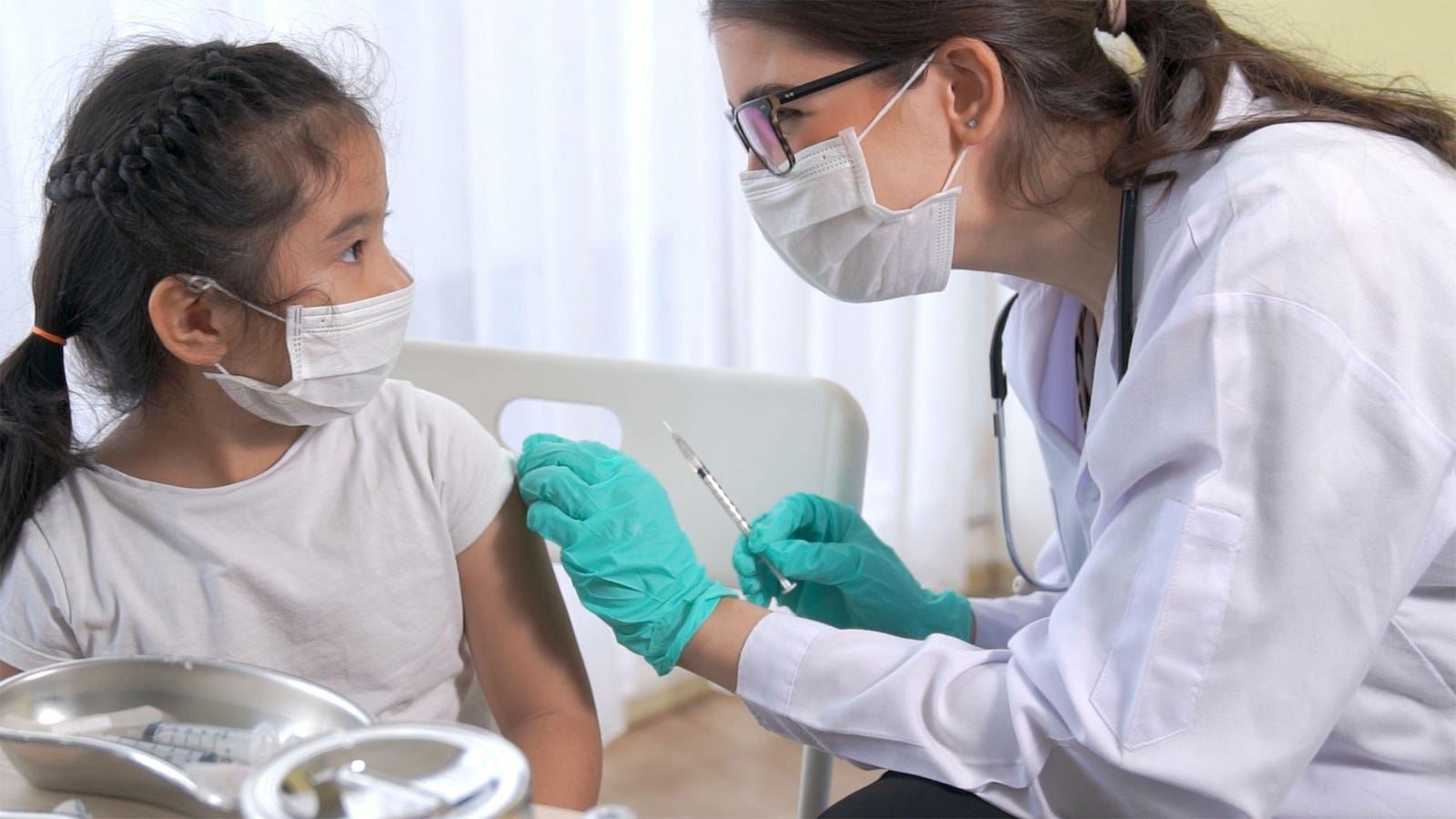
The city of Chicago’s “prompt and coordinated response” to the measles outbreak earlier this year at a migrant shelter helped reduce the potential spread of the virus, the Centers for Disease Control and Prevention said last week. [Health News Illinois]
The agency said in its report that the outbreak at the Pilsen neighborhood shelter could have “spread rapidly among approximately 2,100 presumed exposed shelter residents” after the first case was identified on March 7.
The Chicago Department of Public Health, in partnership with the CDC, Cook County Health and other local healthcare providers, launched a response on March 8, which included a mass vaccination campaign.
CDPH said more than 9,300 doses of measles, mumps, rubella vaccine were administered at new arrivals shelters during that effort, with another 17,000 vaccines administered to Chicagoans.
The CDC's model suggested that at least 100 people would have been infected with measles had it not been for the campaign.
“This outbreak underscores the need to ensure high vaccination coverage among communities residing in congregate settings,” the CDC report noted.
Other CDPH efforts included screening shelter residents for measles symptoms and isolating individuals with suspected or confirmed cases.
The agency said Friday that 57 cases have been confirmed at the shelter, with the most recent case occurring on April 5. The last case in Chicago was on April 16.
“This is a good example of what can be accomplished when federal, state, county and city agencies come together with community partners in a rapid and coordinated fashion to address an active outbreak,” Dr. Stephanie Black, medical director of CDPH’s disease control bureau, said in a statement.
###
